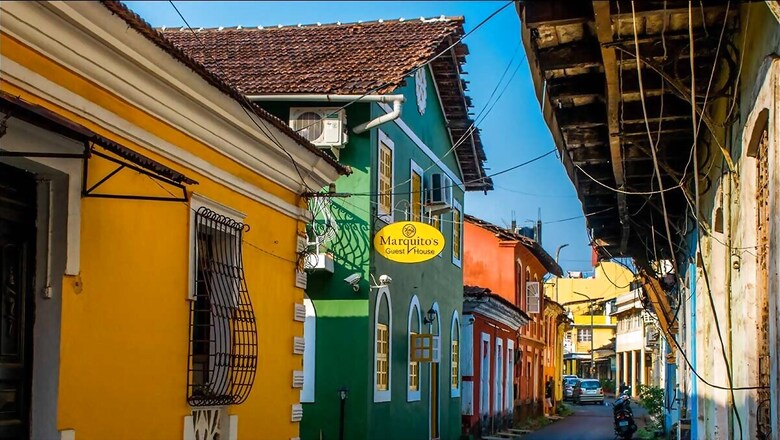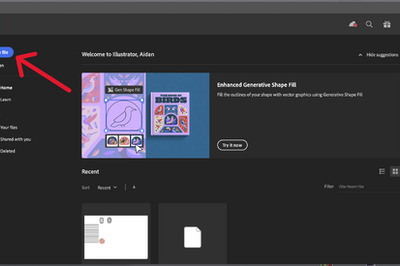
views
Panaji, the capital of sunny Goa, has pioneered an innovative waste segregation system that’s both cost-effective and significantly boosts recycling rates. This system involves 16-way waste segregation at its source, a novel approach not only in India but worldwide.
India generates approximately 1.43 lakh tonnes per day of municipal solid waste, with this figure expected to rise alongside economic growth. To address this pressing global challenge, there’s a growing need for an effective waste management strategy that emphasizes segregation at the source.
Panaji generates around 42 tonnes per day of waste, and after segregation, wet waste is composted, recyclable dry waste is sent to recyclers, and non-recyclables are utilized as Refuse Derived Fuel (RDF) in cement factories.
While most Indian cities practice a 2-way (Wet and Dry) waste segregation, Panaji, under the HDFC-United Nations Development Programme Dry Waste Management project, has adopted a groundbreaking 16-way segregation model. This approach involves bulk waste generators (BWGs), including housing societies, sorting dry waste into 16 different streams like e-waste, paper, ceramic, and more. Once segregated, waste goes through various recycling processes, eliminating landfill disposal. This 16-way system is cost-efficient, minimizes manual or mechanical sorting, and reduces environmental impact. Importantly, it enhances the safety of waste pickers at material recovery facilities.
Sachin Ambe, Municipal Engineer, City of Panaji, aims to transform the city into a Zero-waste-Zero-Landfill place and has mandated 16-way waste segregation for all BWGs.
To kickstart this initiative, UNDP India and Feedback Foundation conducted training and awareness programs for citizens and waste workers. Several meetings were held with BWG stakeholders to highlight the system’s benefits.
Panaji’s model was showcased at the Revival 2020 event, where citizens actively participated in waste segregation. Out of 81 identified BWGs, 44 have already implemented the system, requiring the use of 16 bins. To offset capital costs, a purchase model was introduced to buy recyclable waste from BWGs, generating revenue for both BWGs and Safai Sathis. BWGs can expect a 20% increase in yearly revenue.
The House of Lords in Panaji was among the first to implement this system, with residents lauding the initiative.
In October 2020, CCP amended its Solid Waste Bylaws to mandate 16-way segregation for all BWGs, further solidifying Panaji’s commitment to sustainable waste management.
Panaji’s efforts earned recognition from NITI Aayog, India’s public policy think tank, and since July 2020, Panaji has successfully managed over 170 MTs of waste through the 16-way segregation system.
These accomplishments demonstrate that with thoughtful planning, citizen participation, and support from local authorities, a circular economy can be a viable and rewarding solution to waste management challenges.



















Comments
0 comment